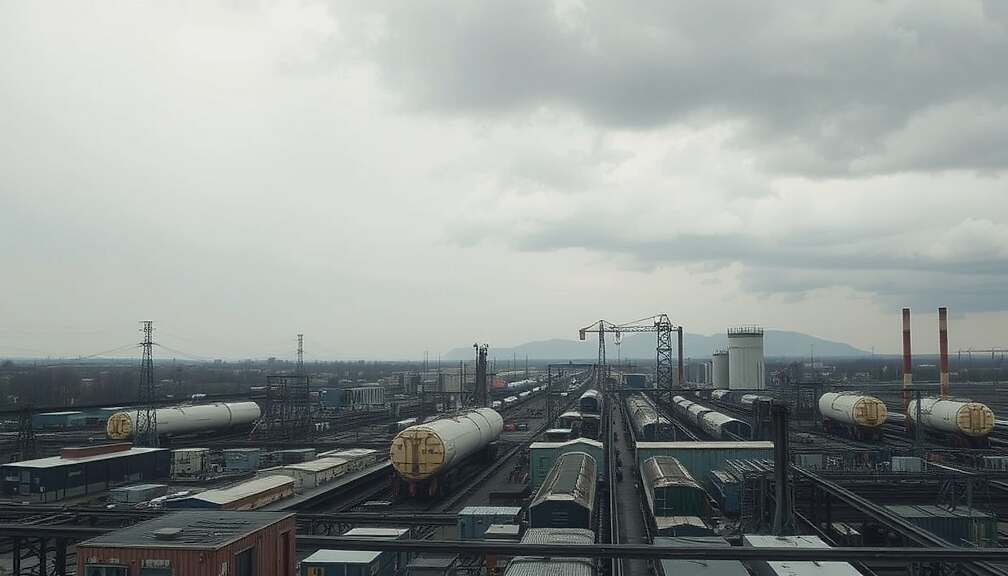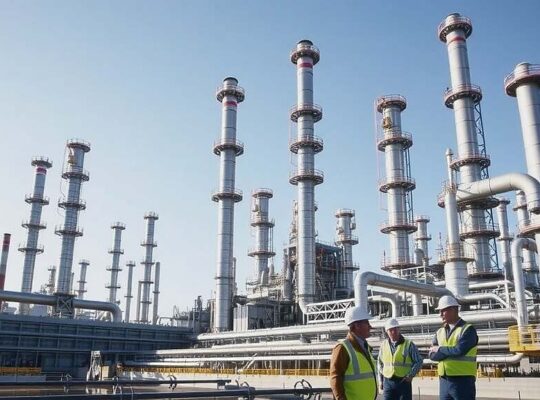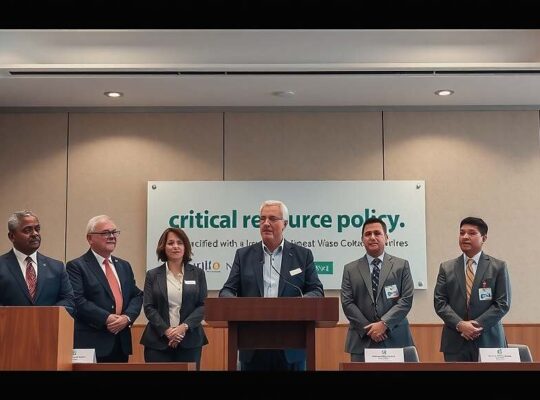A growing number of nuclear power plants worldwide are operating beyond their originally intended lifespans, raising concerns about increased operational risks. This assessment stems from a new report examining the global nuclear industry, presented in Rome on Monday.
The report highlights a trend of extended operation, particularly in countries like France, where the average age of nuclear reactors is projected to reach 38.9 years by the end of 2024. In the United States, the average reactor age is even higher, standing at 43.2 years. Typically, nuclear power plants are designed for a service life of 40 years. China represents an exception to this trend, having recently invested heavily in newer nuclear facilities.
Carsten Schneider, Germany’s Federal Minister for the Environment, commented on the report, stating it provides a valuable contribution towards a more objective discussion regarding nuclear power. He observed that, excluding China, the nuclear industry is largely stagnant, while facing increasingly significant challenges. These challenges extend beyond the age of existing plants and are compounded by the ongoing, unresolved issue of nuclear waste management.
The report also investigated the potential for smaller, modular reactors to spark a resurgence in nuclear energy. However, the study found no evidence to suggest such a revival is imminent. Minister Schneider echoed this observation, noting that despite significant promotion, tangible progress with these smaller reactors remains limited. The industry, he said, continues to grapple with funding issues and has yet to achieve a technological breakthrough.












